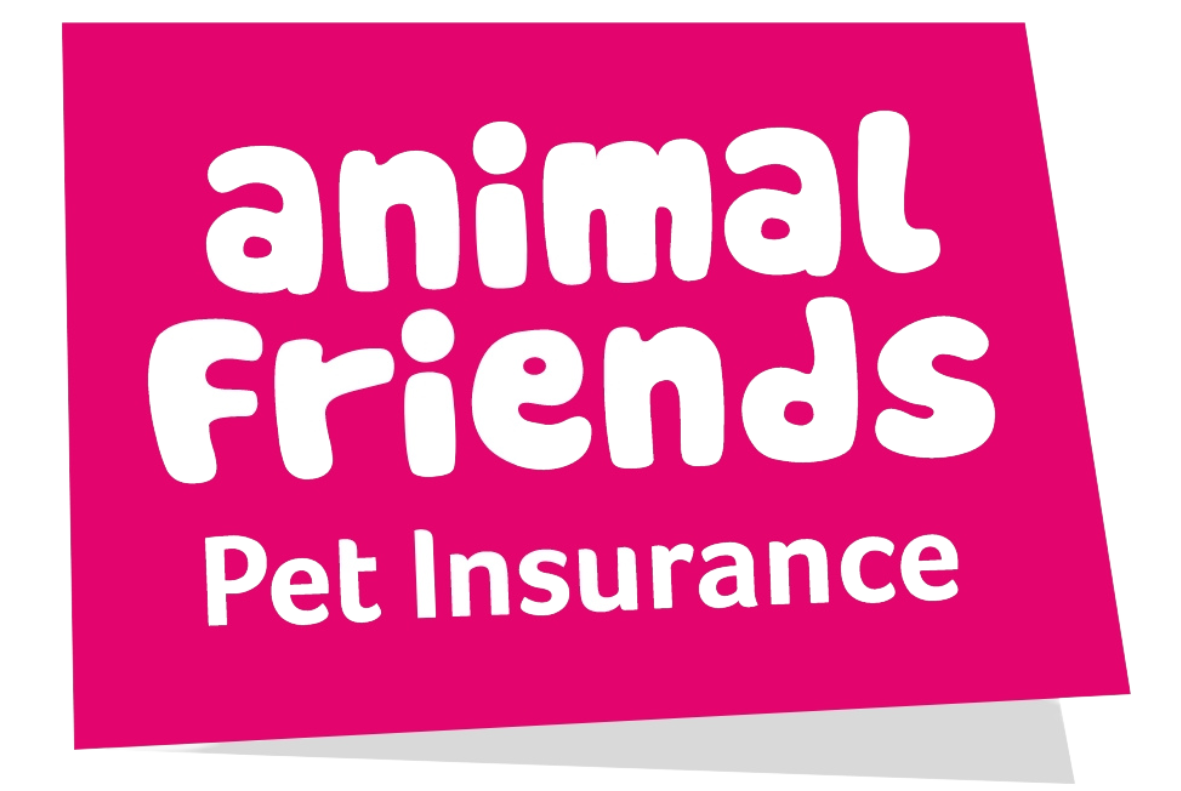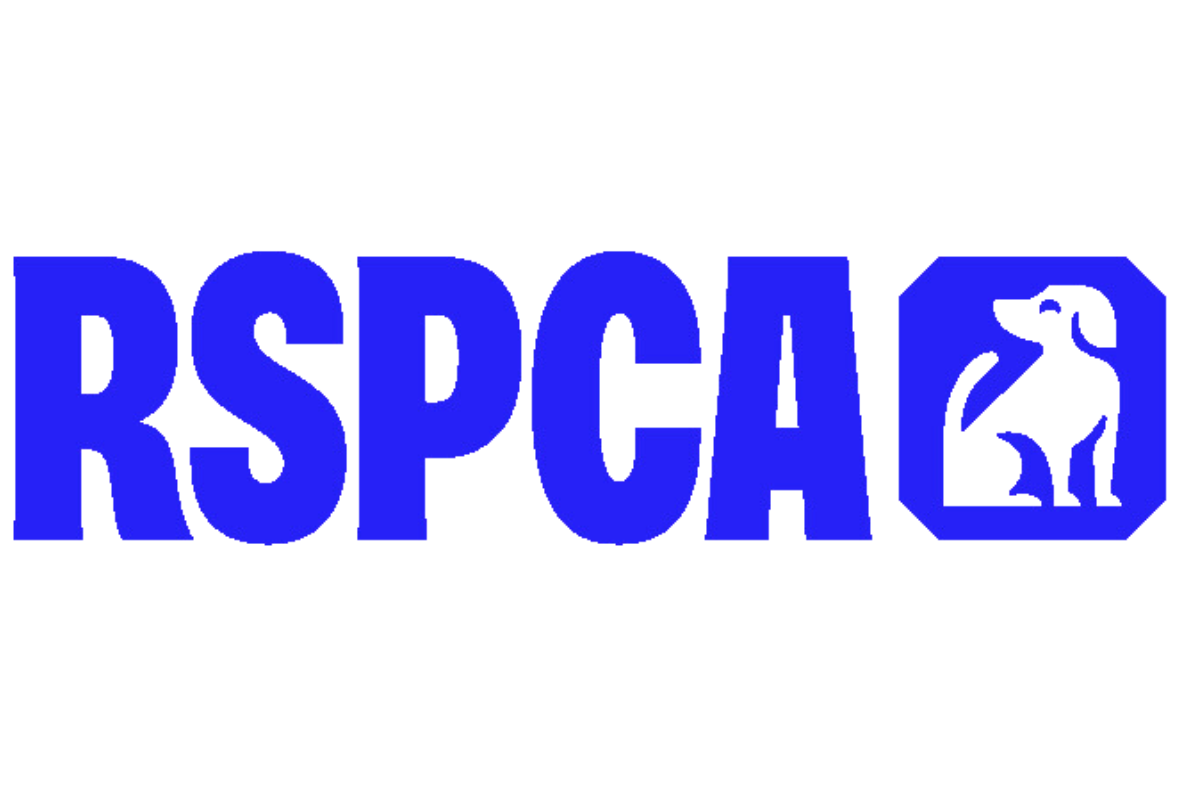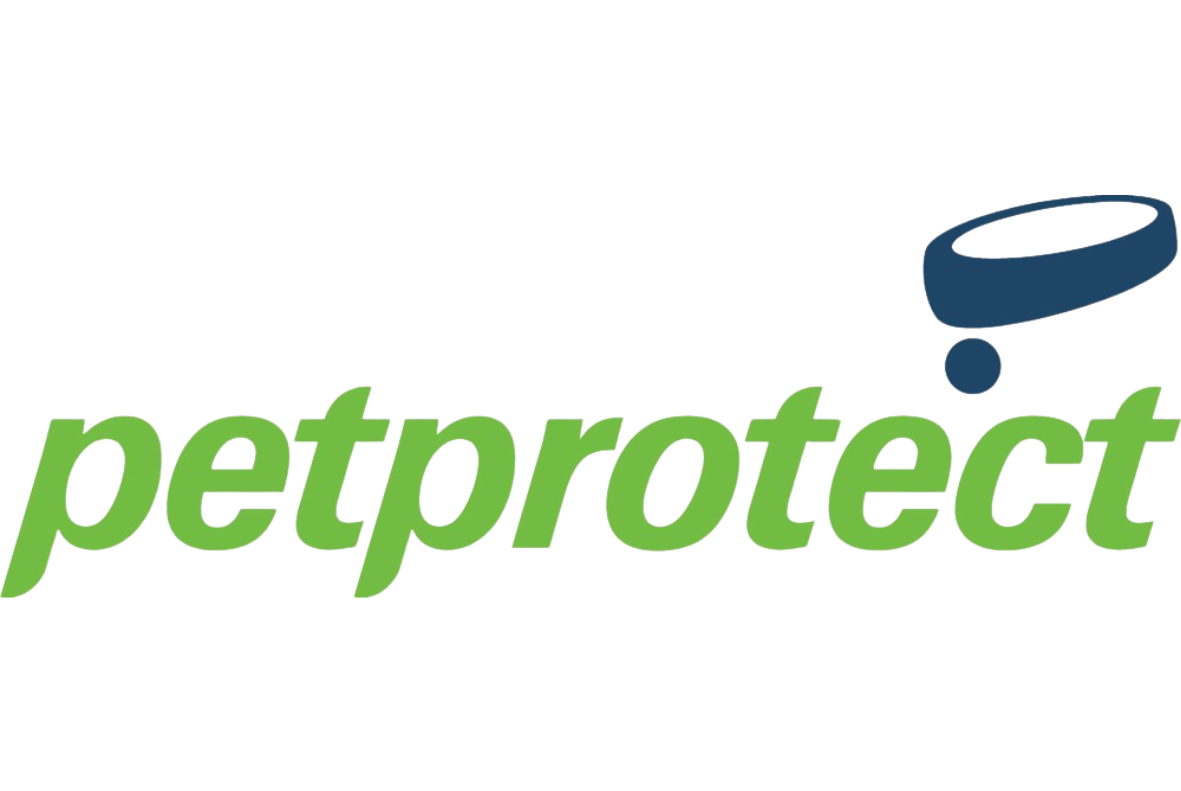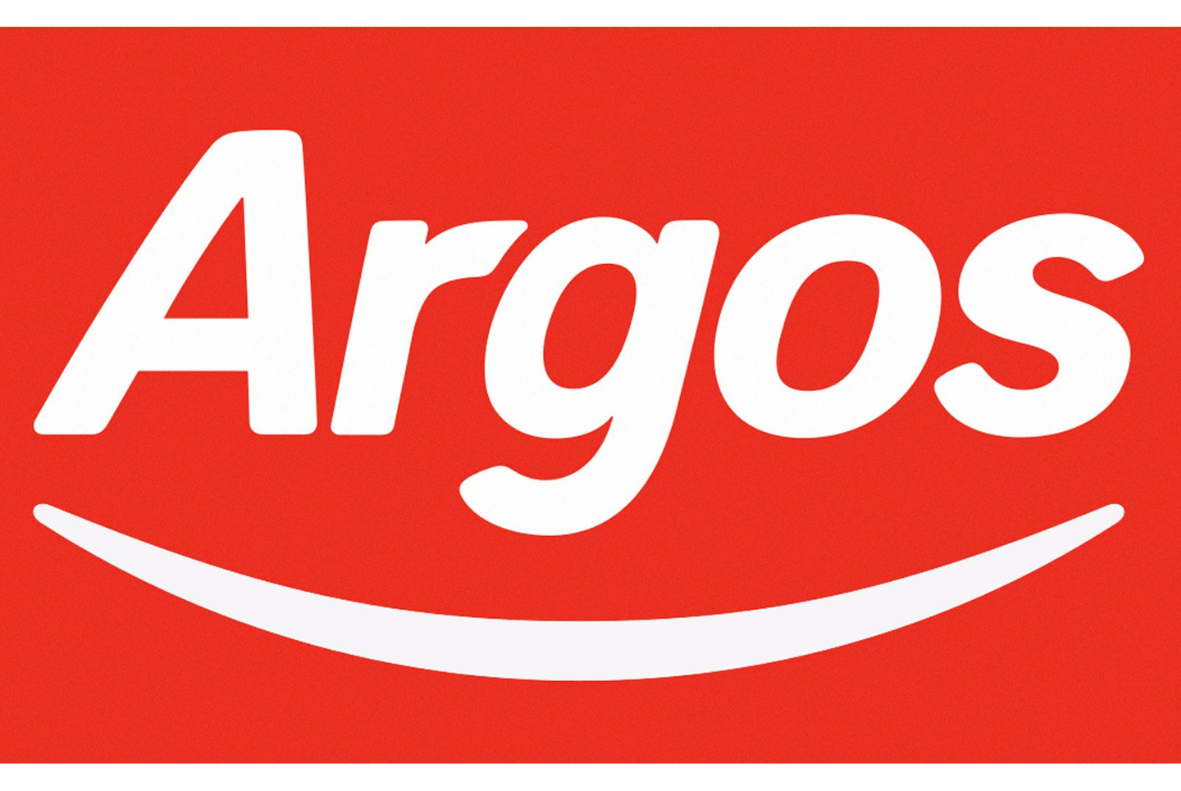Cheap Pet Insurance
- Compare 15 providers at once
- Prices from just £3.35* per month
- Top providers looking to help

Cheap Small Munsterlanders Dog Pet Insurance
The Small Munsterlander is a versatile, medium-sized gundog originating from Germany, known for its intelligence, agility, and affectionate nature. Originally bred to assist in hunting and fieldwork, these dogs excel in retrieving and tracking, showing skill on both land and in water. They have a loyal, eager-to-please personality, making them adaptable to both working and family environments. However, their high energy levels mean they need plenty of daily exercise, ideally with access to fields, trails, or even water.
Physically, Small Munsterlanders have a compact yet athletic build, with a slight resemblance to a setter in appearance. They stand between 52 to 56 centimetres at the shoulder and have a well-feathered, smooth coat that typically displays a mix of liver and white. Their expressive, dark brown eyes and rounded ears add to their gentle yet alert look. While their coat is lower maintenance than some hunting breeds, they benefit from weekly brushing to keep it clean and tidy, especially around their feathered areas on the legs, tail, and ears. Occasional trimming of hair between the paw pads may also be needed.
Small Munsterlanders are known for their affectionate and friendly nature, particularly with their family members. They bond closely with their humans and thrive when included in family activities. They are generally good with children and other pets, but their hunting instincts may prompt them to chase small animals. While not aggressive, they can be protective of their home, alerting their family to new sounds or strangers.
Training a Small Munsterlander is usually straightforward due to their intelligence and eagerness to learn. However, they can be independent-minded, so consistent and positive training methods work best. Socialization from an early age helps prevent shyness or nervousness in new environments. They are adaptable to family life as long as their exercise needs are met, and they do well in both rural and suburban homes.
With a life expectancy of 13 to 14 years, Small Munsterlanders are generally healthy. Regular checks for hip dysplasia and hereditary eye issues are recommended, though these are relatively well-managed in the breed. Their history as tireless hunting companions shines through in their enthusiasm for outdoor play and exploration. These dogs love to work and make excellent companions for active individuals or families ready to engage with their energy and natural hunting instincts.
Just some of the great pet insurance brands included









